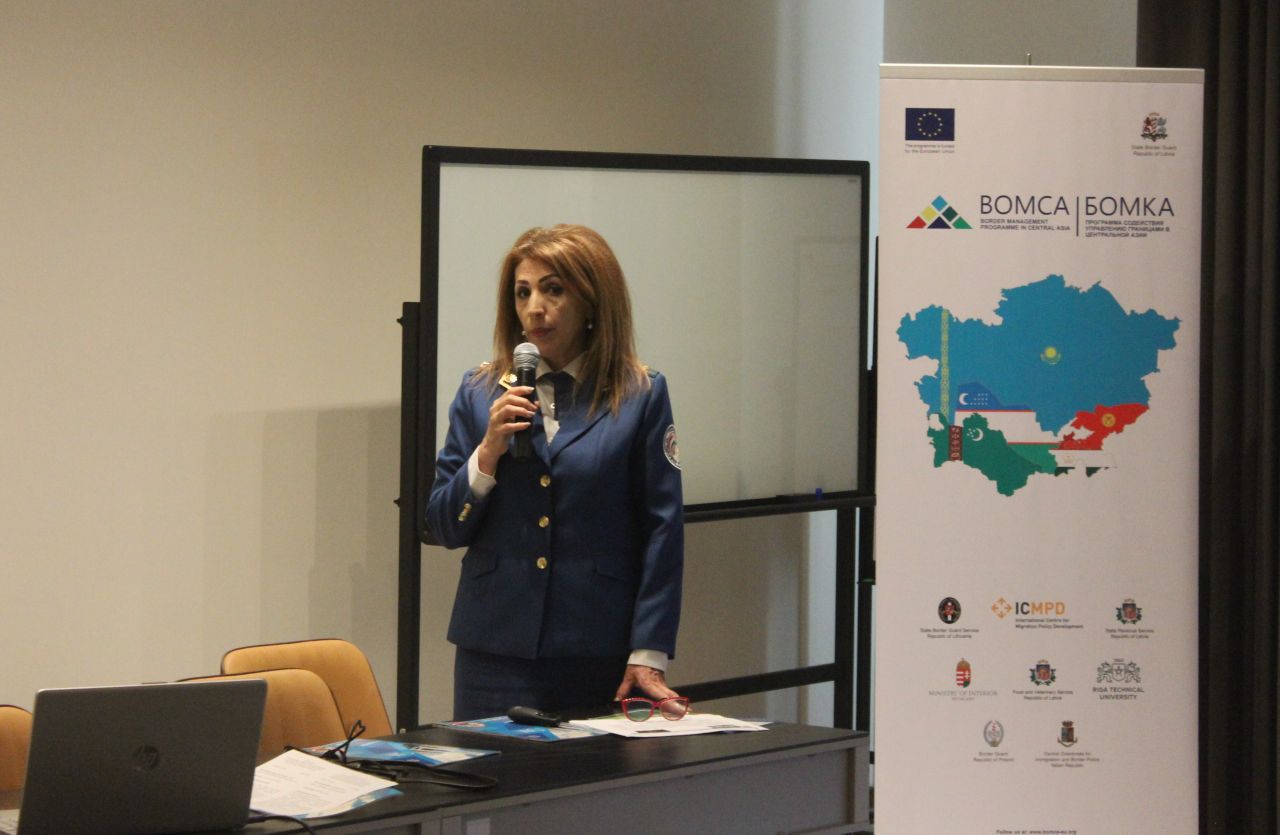From May 17-19, the Border Management Programme in Central Asia organised a technical assistance mission and a roundtable in Dushanbe to introduce cooperation models between government institutions and business associations in Tajikistan. The assistance targeted Tajik national professionals from the Custom Service under the Government, Ministry of Economic Development and Trade, Veterinary and Phyto-Sanitary Service and business and trade associations of the Republic of Tajikistan.
The roundtable was combined with the meeting of the Customs and Business Advisory Council and chaired by Tursunzoda Azim Khaidar, the First Deputy Head of the Custom Service of the Republic of Tajikistan. Government agencies- members of the Customs and Business Advisory Council under the Custom Service of the Republic of Tajikistan participated in the event.
As a result of the event, representatives of customs and government institutions and business associations deepened their understanding of possible cooperation models between government institutions and business associations, as well as having advanced dialogue on how to improve existing cooperation at national level.
The European expert team from the National Customs Board of the State Revenue Service of Latvia mapped several areas for improvement, and to this end, will further develop concrete recommendations to facilitate the further operation of the Customs Advisory Council. As a result of the roundtable, activities were developed to highlight the most effective forms and procedures for further cooperation, in order to encourage international trade.
The mission is organised in the framework of the thematic component of the programme, which aims at supporting the regional economic integration process. This is the second mission of its kind conducted by the BOMCA Programme in Central Asia, following implementation of a similar activity in Kyrgyzstan in April 2022.

